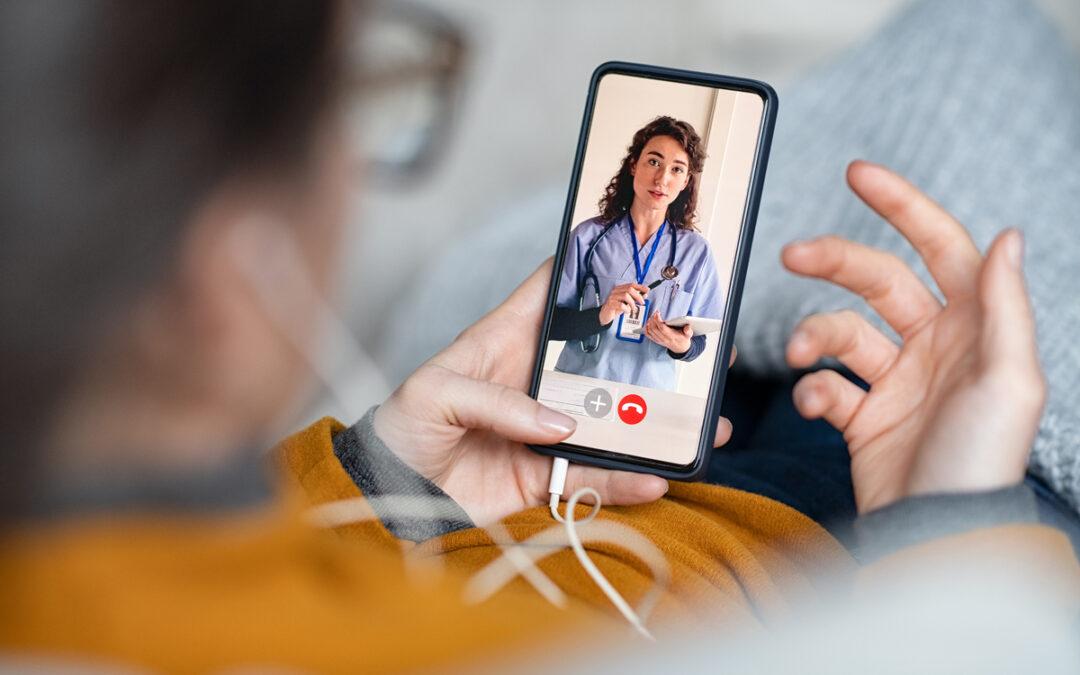Medicare changes its telehealth service rules
Toni:
I have been researching the changes to Medicare’s telehealth services over a computer video service that I saw on the news recently. I am concerned because my mother lives in an assisted living facility and her primary care doctor uses the telehealth computer service, so I do not have to take my mother, who uses a wheelchair to the doctor by a health care taxi service or ambulance. Since the pandemic, this type of care has been approved by her Medicare Advantage HMO.
The social worker at mother’s living facility suggested that I discuss with her Advantage plan to discuss whether there are any house-call physicians who can accept her as a patient. Is this something that Medicare or her Medicare Advantage plan will pay for?
Should I consider changing my mother from her Medicare Advantage HMO to “Original Medicare with a Medicare Supplement” due to her health issues? Thanks for your help.
–Sheila from Little Rock, Ark
Hi Sheila:
Last week Medicare changed the date when “telehealth services” will ONLY be made available locally and in a rural area. From today through September 30, 2025, you can get telehealth services at any location in the U.S., including your home. The Medicare.gov website states, “starting October 1, 2025, you must be in an office or medical facility located in a rural area (in the U.S.) for most telehealth services”.
The Medicare.gov website also states that if you aren’t in a rural health care setting, you can still get certain Medicare telehealth services on or after October 1, including:
- Monthly end-stage renal disease (ESRD) visits for home dialysis
- Services for diagnosis, evaluation, or treatment of symptoms of an acute stroke wherever you are, including in a mobile stroke unit
- Services for the diagnosis, evaluation, or treatment of a mental and/or behavioral health disorder (including a substance use disorder) in your house
My advice to you, Sheila, is to ask your mother’s primary care physician or specific Medicare Advantage plan’s healthcare provider which house call or Accountable Care Organization (ACO) they are contracted with.
Not only are doctors making house call visits, but dentists, eye doctors and even mobile x-ray/ultra-sound machines with technicians are visiting nursing homes, assisted living facilities and personal care homes, just like these providers were doing before COVID-19.
A house call physician visit can keep those who are having a minor ailment from turning into a major health care issue keeping a frail senior healthy and out of the hospital.
Doctor or medical provider visits by house call services–whether at home or at a long-term care facility such as a nursing home, assisted living facility or personal care home– are being accepted and paid for by Original Medicare, Original Medicare with a Medicare supplement and Medicare Advantage plans (if the house call provider is in the Advantage plan’s network).
Sheila, you are wise to look at all your mother’s options regarding disenrolling from her Medicare Advantage plan with her serious health situations. Many do not realize that they must qualify medically to be approved for a Medicare Supplement, which helps pay the portions that Medicare does not pay. If one is not approved, then they will pay out of their pocket.
Readers, it is important to explore your Medicare plan options, because you never know when your health will deteriorate, becoming too late to change your Medicare plan. Chapter 2 of Toni’s Medicare Survival Guide Advanced edition explains Medicare Parts A and B, which can help avoid problems.
Contact the Toni Says Medicare team at www.tonisays.com for immediate assistance or call the Toni Says hotline at (832) 519-8664. The Confused about Medicare online video course is also available through our website, to help America understand the complexities of Medicare enrollment, whether turning 65 or retiring past age 65.


